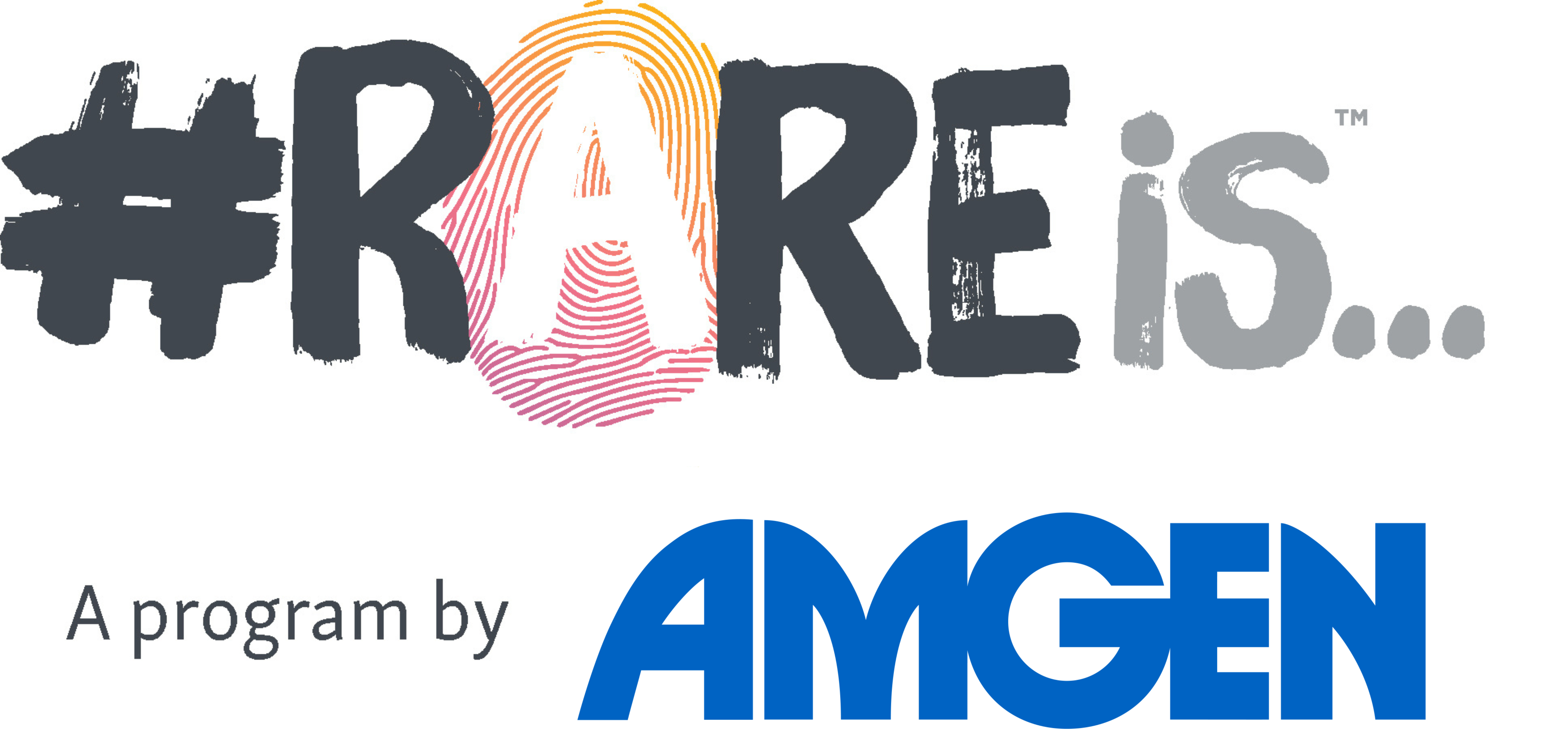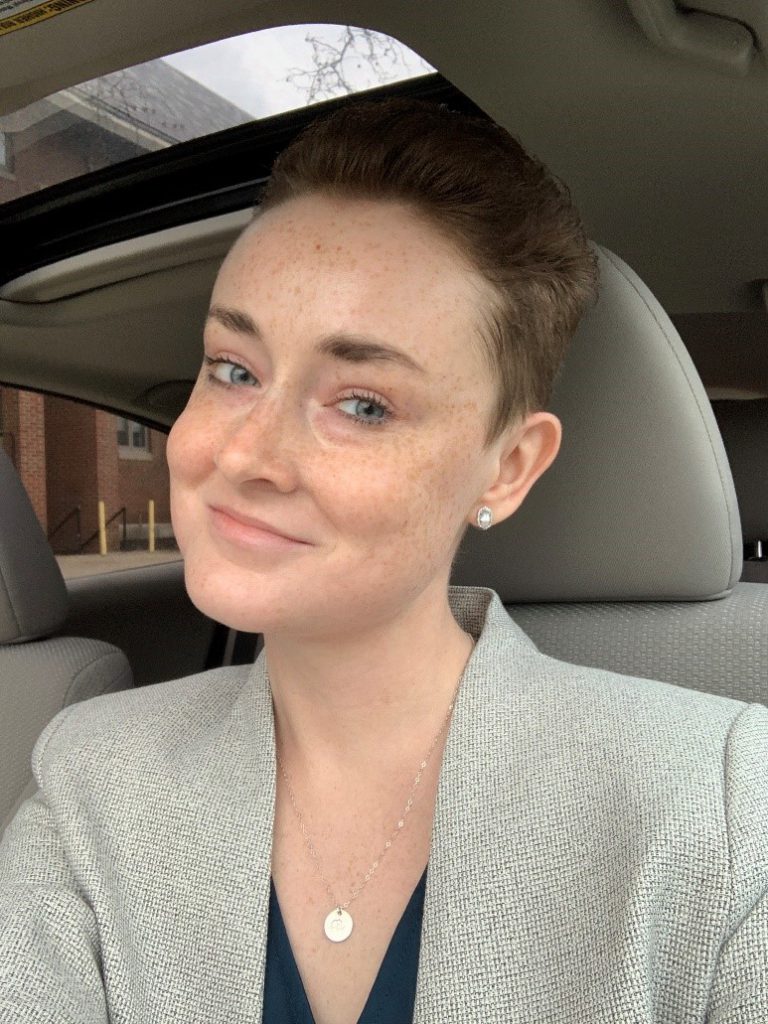My reality
I have been living in some form of social distancing for more than 600 days. Since receiving a non-related donor bone marrow transplant for my rare blood disease in July of 2018, I’ve been immune compromised enough that going out in public or being around other people is dangerous and as a result often live in isolation. This type of isolation isn’t uncommon for those of us with rare diseases for a number of reasons ranging from dealing with unpredictable symptoms, difficulties with medication, and the non-accessible public spaces. For many of us this is our everyday reality, and, unlike those being isolated because of COVID-19, we will remain living this way for long after the novel coronavirus has come and gone.
I’ve often found that the most challenging part of adjusting to living in isolation is finding a new sense of meaning in our everyday lives. Throughout my disease progression and bone marrow transplant, I often felt like the world was dealing me a long series of losses that left me struggling to find meaning and enjoyment in my new reality. I could no longer depend on things like my job, school, or even being with my friends to give my days purpose. Many of the things that I relied on to give me a sense of identity didn’t matter much when I was stuck inside. Suddenly, I had to find other things to fill my time and re-frame my priorities.
This isn’t an easy shift to make. It requires a little bit of sadness and recognition of grief to get you through, and that’s okay. A loss is still a loss, and it can take a while before we’re ready to accept such extreme changes to our daily lives. Isolation makes us feel distant from the people we love and the places we cherish. Mourning those losses is a natural and healthy thing to do. Simply put, being sad is a part of the adjustment and it can often help us find value in things around us that we never would have paid attention to before.
Little things are bigger than you think
What I have found over the past decade is that the things that make my life meaningful are small and simple. I enjoy strong coffee and good books. I like to run and walk without paying attention to where I am going. I value long, meaningful conversations with people I love. It means a lot to me when people go out of their way to make sure that I can attend an event or check up on me when they haven’t heard from me in a while. I find a lot of solace in talking to other people in the same situation that I am. It makes me feel less like I’m experiencing this all by myself.
Finding ways to make meaning in difficult situations is a process. Adjusting to a new way of living is not something that comes easily. But for me, it forced me to re-frame my priorities and gave me a new sense of what is actually important to me in life. The little things are bigger than you think.
About Kathryn Poe
Kathryn Poe is an undergraduate student in Columbus, Ohio and an advocate for the rare disease community. She is a volunteer legislative ambassador for Be the Match and has worked with lawmakers on issues such as pre-existing conditions, pharmaceutical regulation, and end of life care. She is also a co-founder and previous Vice President of Voices United for Women and remains active in policy work around women’s issues in Ohio. In the future, Kathryn would like to pursue a Master’s degree in bioethics followed by a law degree. You can follow her blog on social media @kpoements (Instagram).

